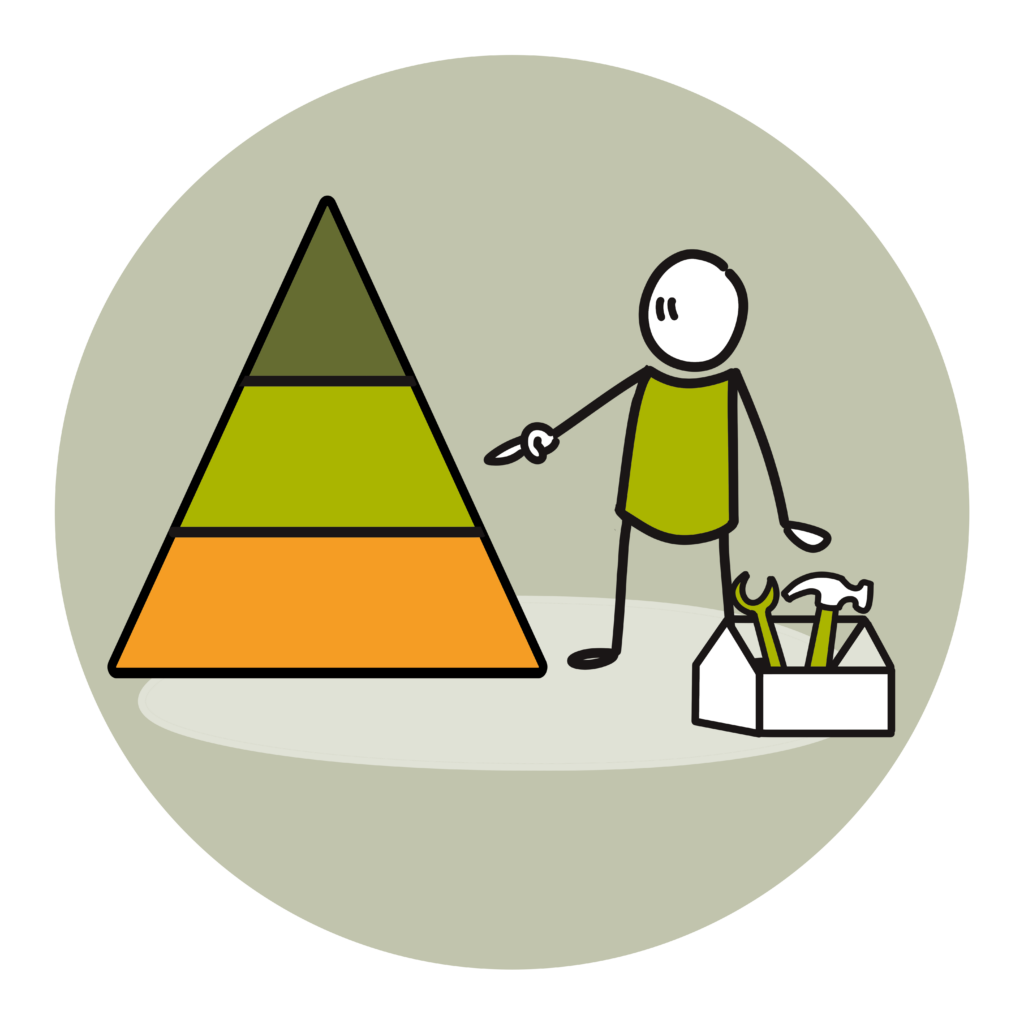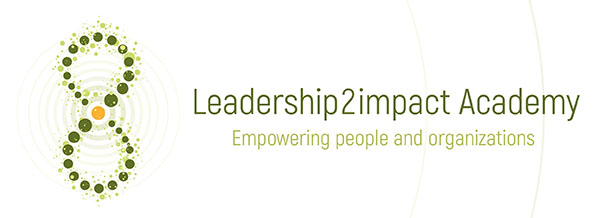The location for the workshops is depending on what is logistically favorable in terms of time, energy and investing. As an alternative we have a location at our Phazama Farm in Tsutsubega where the workshops also can take place.

“The conventional definition of management is getting work done through people, but real management is developing people through work.”
Agha Hasan Abedi
As hierarchies within companies become more fluid and virtual, middle managers will increasingly become channels for relationships, influence, and connection. For organizations to be successful they need to recognize the complex and multifaceted roles of middle managers, who are not just visionary, inspirational leaders but also courageous, engaged followers. Their ability to perform both upward and downward roles effectively require them to develop very sophisticated, humane skills to bring together the layers of your organization.
Middle managers are more important than ever. The most effective ones are in possession of humane, sophisticated communications skills and can mediate and find common grounds between actors at different levels in the organization.
A manager in the middle of hierarchical layers builds relationships with those at the top and with the people at the bottom.
“As I, Peter Henssen, spent time in middle management roles in different sizes of companies, I have personal experience. As I moved up the ladder, I also know how important the role of middle management is for the higher-level management. I worked with and trained many managers and learnt what they need to for fill their role. It is important for them to learn not to work hard but smart and to understand the dynamics of leadership at their level.”
In all our management workshops the link between theory and practice is central, allowing participants to apply what they have learned directly in their work.
Is this you?
Are you managing an organization and do you have managers that already have some years of management experience moving up to a new level of management responsibilities and dynamics?
Then this workshop program is for your managers!
program
The duration of the workshops depends on the number of topics you want to address. The minimum duration is two days and there is a maximum of five days. You will find below the topics we can address but it is also possible to add topics of your own.
TOPICS
- Self-management
- Organizational science
- Objectives, strategy, and planning
- Internal organization and business processes
- Human Resources management
- Dealing with power and interests
- Marketing management
- Leadership styles and skills
- Planning and organization
- Teambuilding
- Working together in teams
- Coaching leadership
- Effective communication
- Dealing with resistance of change
- Conflict management
- Effective meetings
IMPLEMENTATION
These components—clarifying goals, guidance on application, accountability check-ins, feedback sessions, reflection exercises, sharing practical insights, and continuous engagement—are vital for effective skill implementation. Managed by experienced mentors, coaching and mentorship, both offline and online, enhance their efficacy further. We can at this support to our offer if your organisation has no recourses or the expertise available.
WHAT CAN YOU EXPECT AFTER THE WORKSHOP PROGRAM?
Depending on the topics and duration of the workshop program, these are the results you can expect from your managers:
- they master all the duties and responsibilities of a manager at their level
- they fulfill their role within the organization in relation to other departments and disciplines
- they have insight into styles of leadership, communication, collaboration
- they have insights on change management, resistance, and conflict management
- they have the skills to achieve the desired results
- they organize their work and responsibilities, efficient and effective
- they strengthen themselves as a manager
This is how we do it
The philosophy of Leadership2Impact Academy towards leadership and management is that you cannot manage people, you only can lead people. Management is a profession and as with every profession, it is not for everybody, and you always must keep up with your profession. The principle of our workshops, training programs, etc. are based on “Servant Leadership”. In the broadest sense, this means that a manager has a facilitating role.
The workshops are mainly based on experiential learning. This is the process of learning by doing. By engaging participants in hands-on experiences and reflection, they are better able to connect theories and knowledge learned in the workshop to real-world situations.
What participants gain from experiential learning is:
- A better understanding of the course material
- A broader view of the world and an appreciation of the community around them
- Insight into their own skills, interests, passions, and values
- Positive professional practices and skill sets
- Self-confidence and leadership skills
practical information
With over 35 years of diverse experience spanning managing, consulting, teaching, training, and coaching, I bring a unique blend of theory and practical knowledge to every endeavor. Beginning my career in the military, I cultivated invaluable leadership skills that have been honed through subsequent roles in various industries. Transitioning to independent work, I discovered the power of self-leadership and its profound impact on personal and professional growth.
My approach centers on creating an engaging learning environment where individuals can thrive and apply newfound knowledge immediately. With a commitment to lifelong learning and continuous improvement, I leverage my wealth of experience to inspire and uplift those I work with, fostering a culture of growth and achievement.
Minimum of six and a maximum of twelve.
Most workshops are custom made and the investment is depending on the duration of the workshop program, the kind of topics and if the follow-up day is included. After we agree on what the content of the workshop program will be, and when the expectations are clear we make a proposal which includes the investment.
As an indication the investment for a two-day workshop is BWP 35,760 (0% VAT) per group (max 12 participants).
This includes materials and excludes food, beverages, translator if needed, venue travel and accommodation expenses (if applicable).
*No rights can be derived from the mentioned investment. It is an indication.
